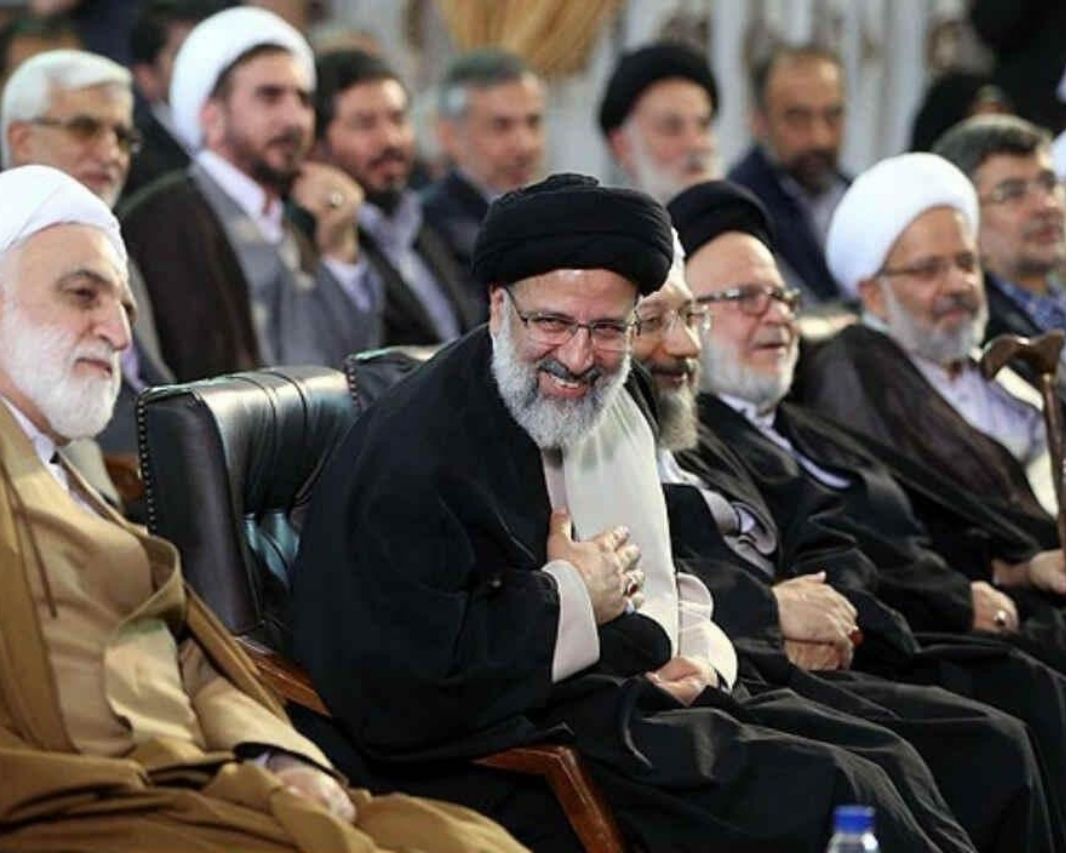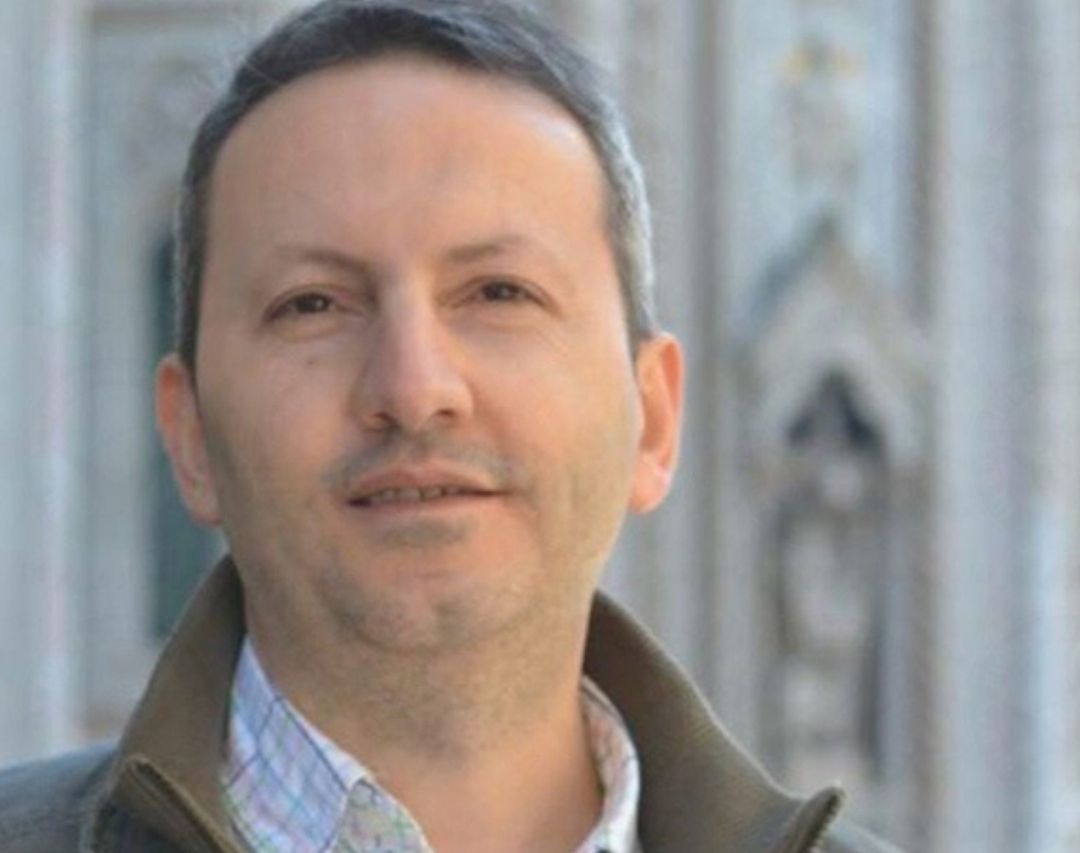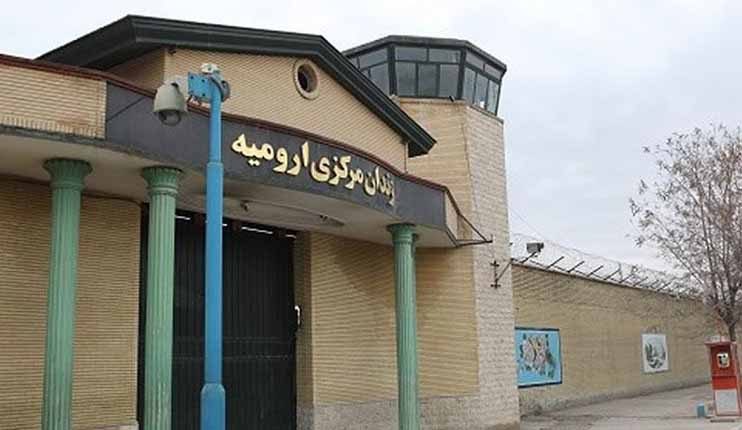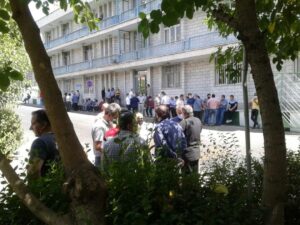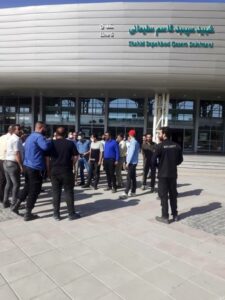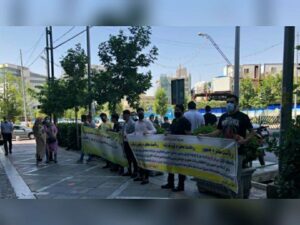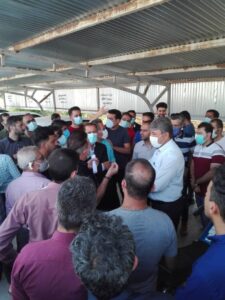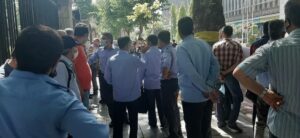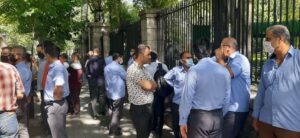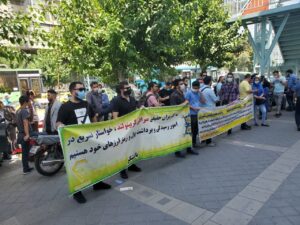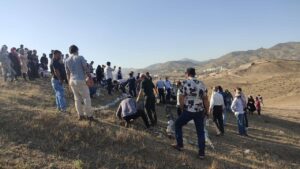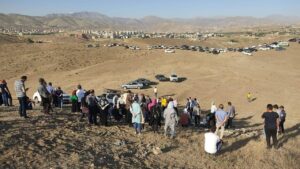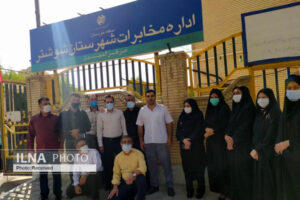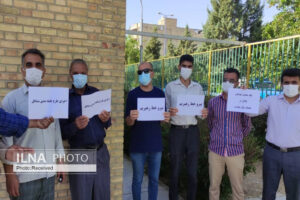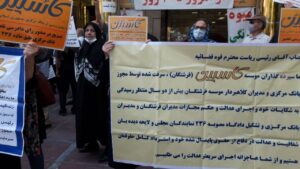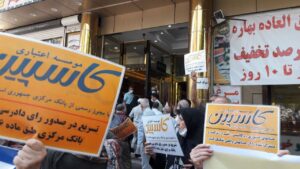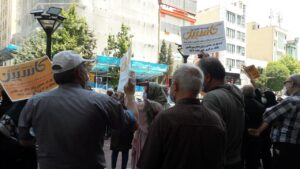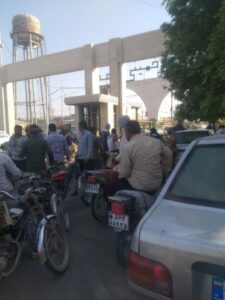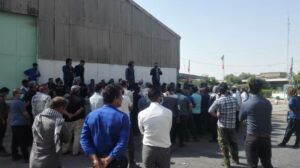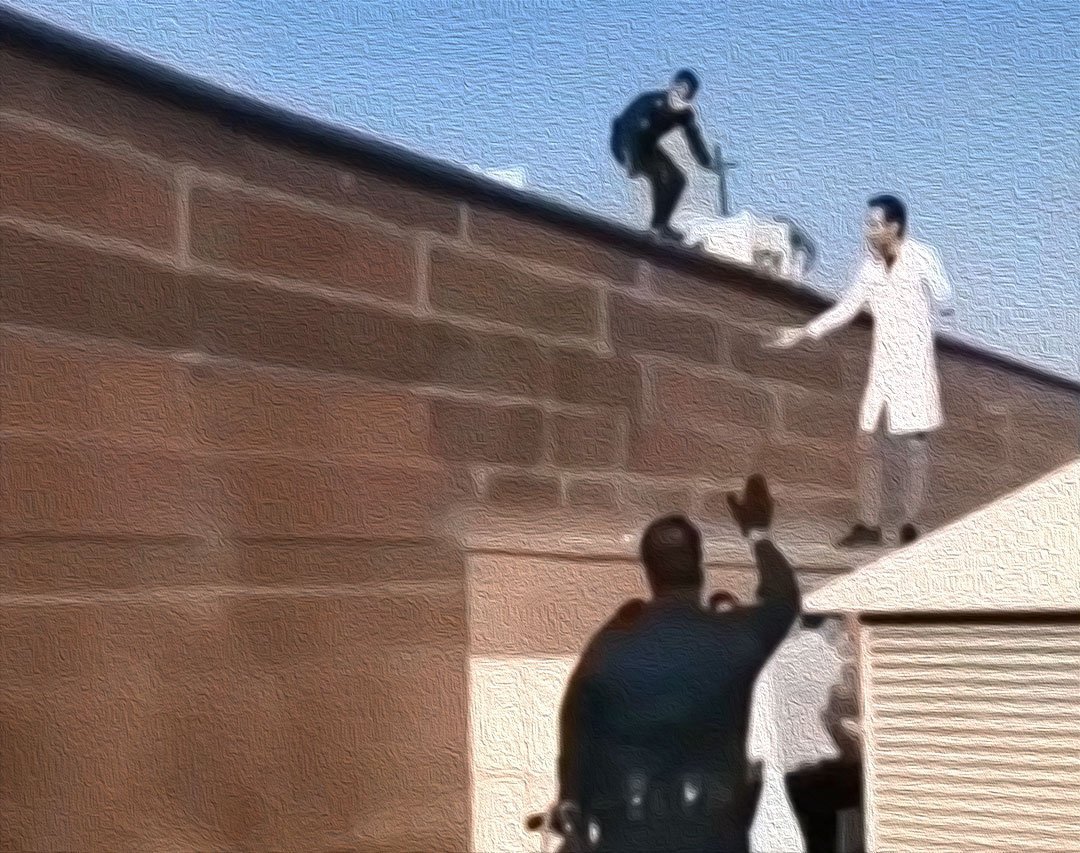In his first press conference since being announced as winner of Iran’s presidential election, Ebrahim Raisi was interviewed by Al Jazeera.
According to HRANA, the news agency of Human Rights Activist, Al Jazeera questioned the president elect about his role in the executions of the political prisoners in Summer 1988 in Iran, his inclusion on the human rights sanctions list, and the request for his trial by some human rights organizations.
In response, without claiming to have played a role in the 1988 executions, Raisi claimed that he has “always been a defender of the rights of the people, as a juristic”, and that “human rights has been at the axis of all (his) responsibilities”. He went on to state that he should be “praised and acclaimed” for this.
For the four decades of the Islamic Republic’s existence, Raisi has served in various positions in the judiciary against human rights and been responsible for the execution, imprisonment, torture, amputation to repression, justification of repression, violation of the rights of countless women, Bahai’s and others.
For his role in the massacre of political prisoners in the summer of 1988, in Tehran, he has been called the “Ayatollah of Massacre” by critics.



